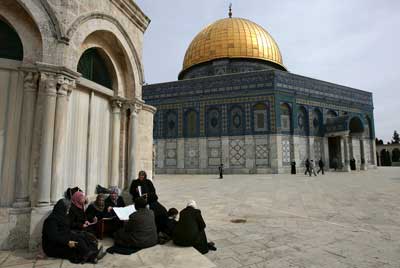G20 Delivers Zero Solutions
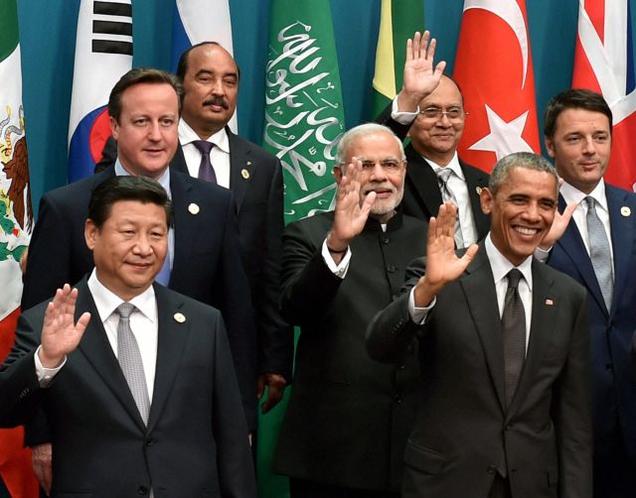
The G20 summit of the world’s largest 20 economies concluded on 16 November in Brisbane, Australia, with the summit communique delivering only bad news on the global economy. The final summit communique highlighted: “But the global recovery is slow, uneven and not delivering the jobs needed. The global economy is being held back by a shortfall in demand, while addressing supply constraints is key to lifting potential growth. Risks persist, including in financial markets and from geopolitical tensions. We commit to work in partnership to lift growth, boost economic resilience and strengthen global institutions.”[1] The global economic crisis has now reached its seventh anniversary and whilst economic collapse has been averted, wealth maldistribution, welfare cuts, unemployment and government debt continues to halt any economic recovery. British Prime Minster David Cameron issued a stark message: “the red warning lights are flashing on the dashboard of the global economy.”[2] The G20 nations collectively account for 85% of the world economy, 80% of world trade and 60% of the worlds population,[3] but despite this it has failed to solve the global economic crisis. There are four key reasons for this failure.

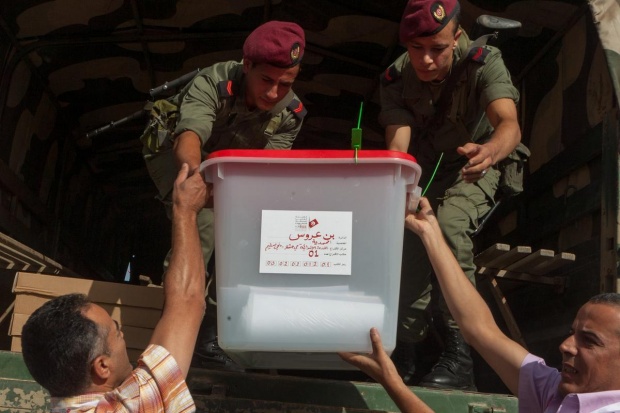
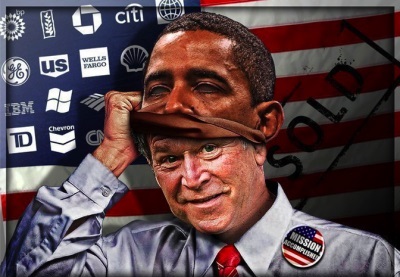
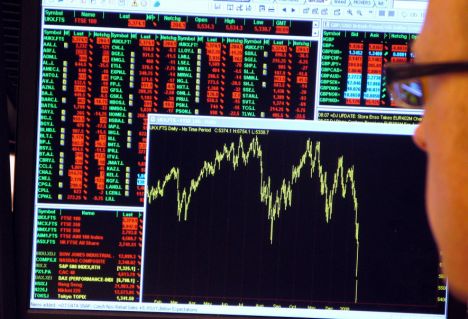



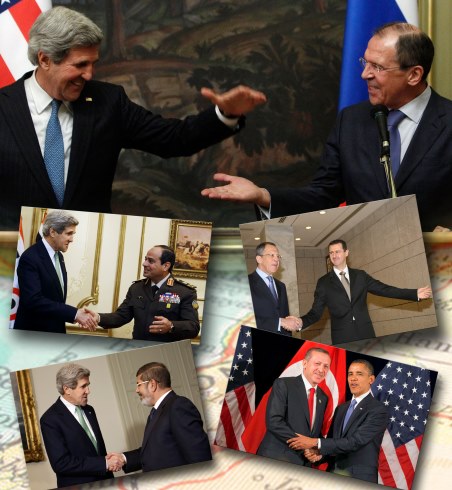
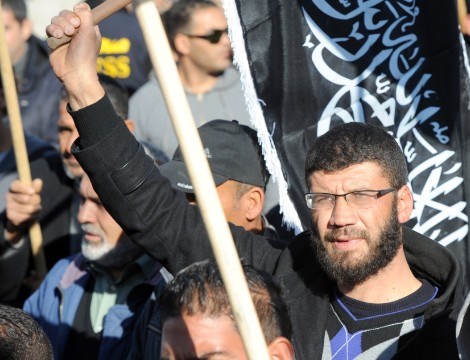

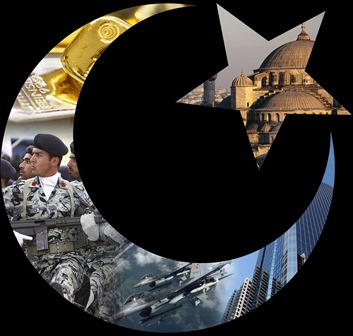

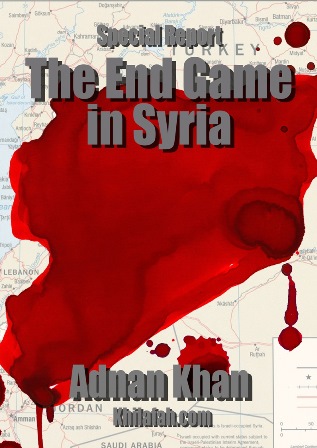
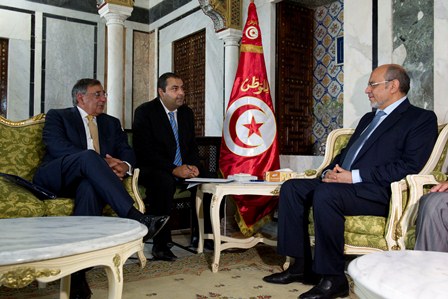
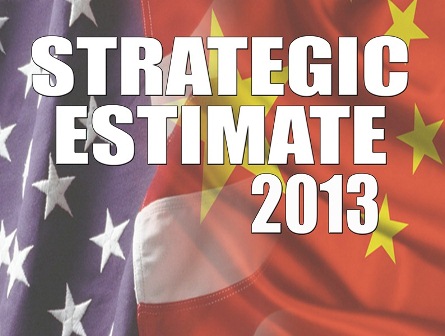
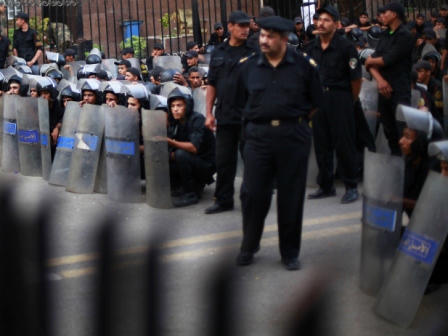

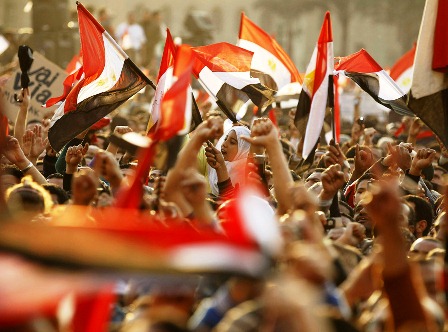
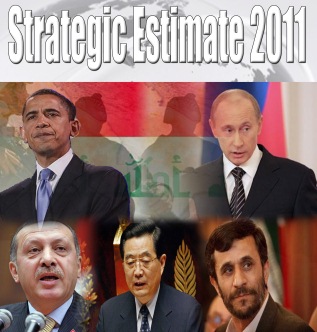
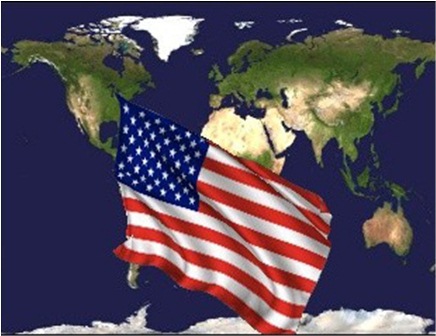
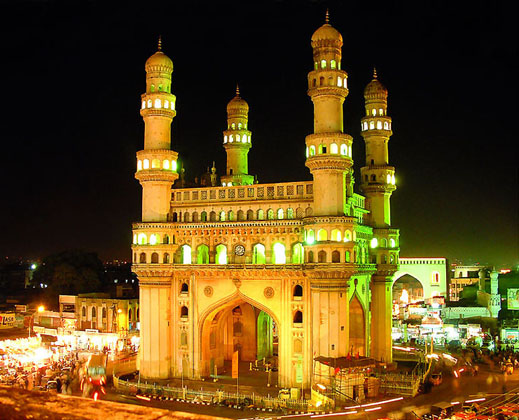
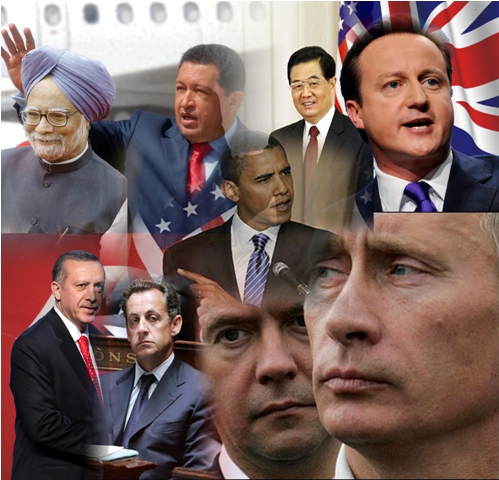

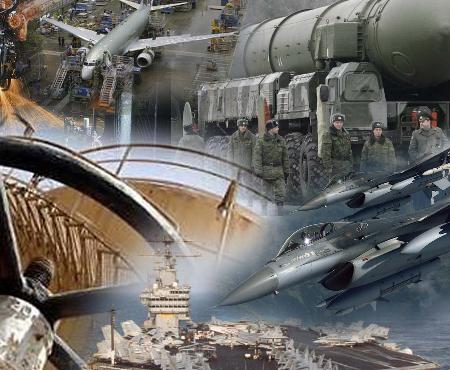 Download the book from
Download the book from 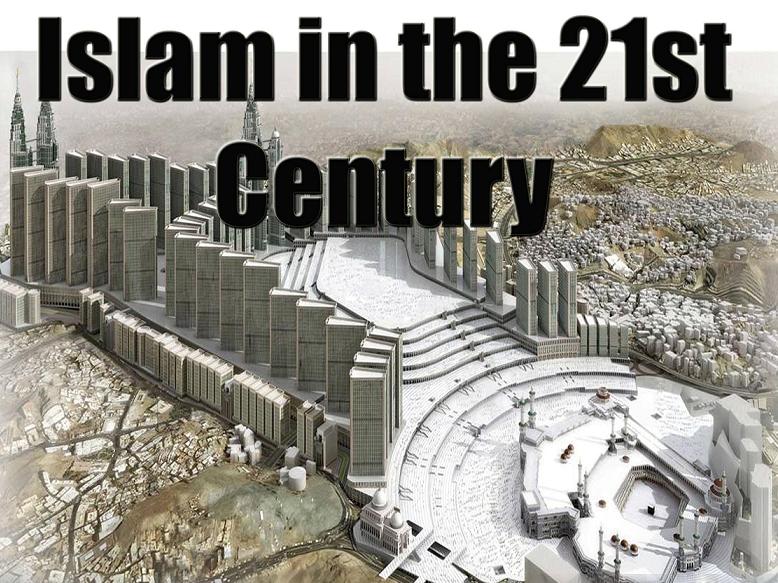 This booklet will explore and contrast some of the problems of the 21st century and compare the manner in which secularism and Islam attempt to solve them. This booklet will look at how the Shari’ah texts are capable of dealing with any issue, be they social, economic or international. The book will scrutinise the applicability of the shari’ah in the 21st century through looking at a variety of 21st century issues. A comparison will be made between the Shari’ah approach to tackling issues and the secular methodology and its effects.
This booklet will explore and contrast some of the problems of the 21st century and compare the manner in which secularism and Islam attempt to solve them. This booklet will look at how the Shari’ah texts are capable of dealing with any issue, be they social, economic or international. The book will scrutinise the applicability of the shari’ah in the 21st century through looking at a variety of 21st century issues. A comparison will be made between the Shari’ah approach to tackling issues and the secular methodology and its effects.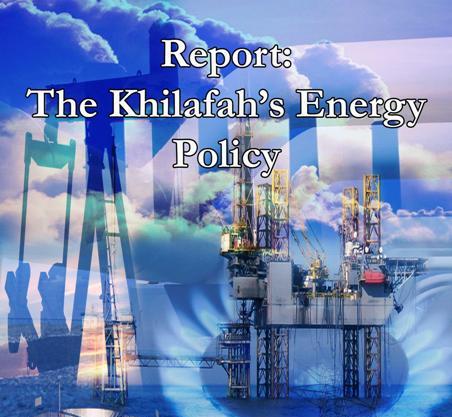 Download the full report from
Download the full report from  Adnan Khan, Khilafah.com’s Economics Correspondent was interviewed by Radio Ramadhan (Slough), UK on his upcoming energy report – ‘The Khilafah’s Energy Policy’ which will be published in the next few days inshAllah.
Adnan Khan, Khilafah.com’s Economics Correspondent was interviewed by Radio Ramadhan (Slough), UK on his upcoming energy report – ‘The Khilafah’s Energy Policy’ which will be published in the next few days inshAllah.